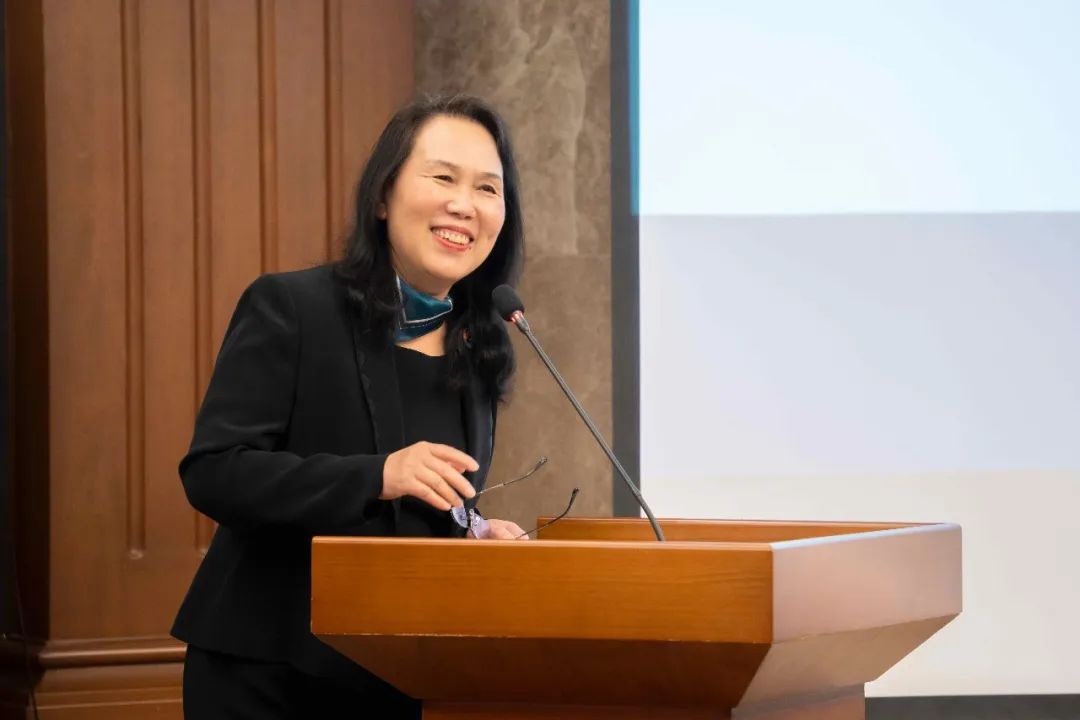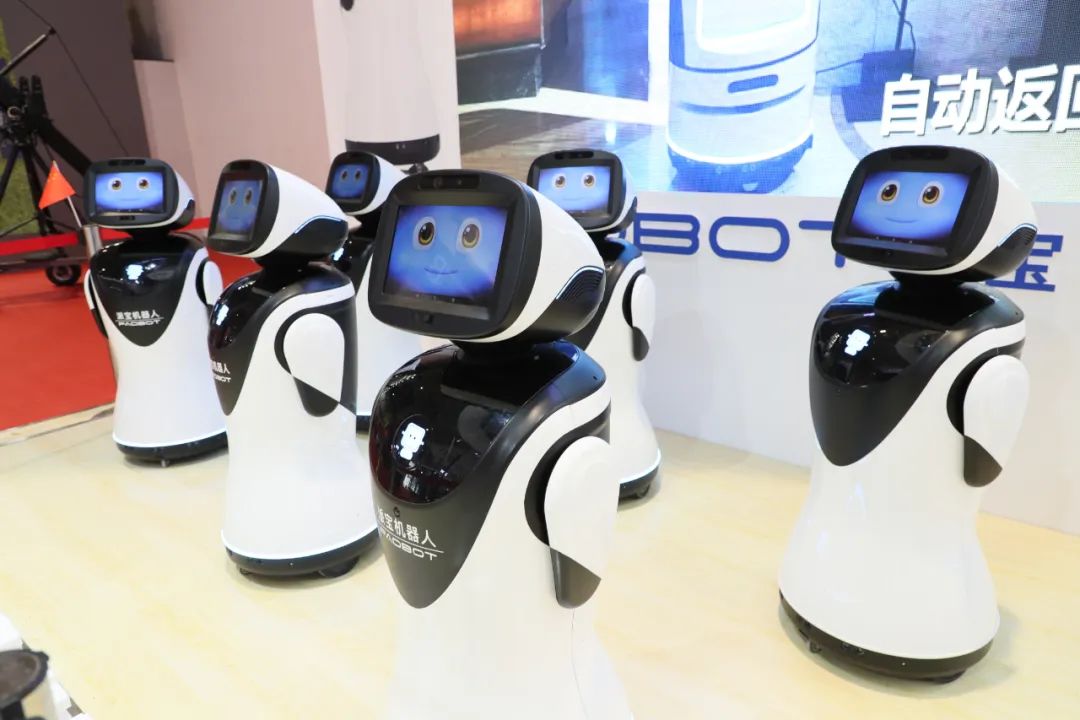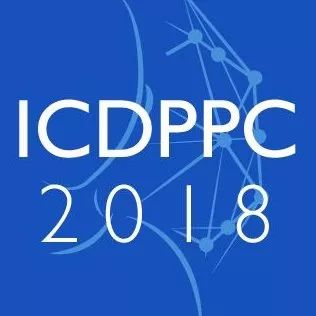Artificial Intelligence Ethics: Whose Ethics Are Constrained?
Artificial Intelligence Ethics: Whose Ethics Are Constrained?
Source: [Huasheng Online] The picture is generated by AI. Xiang Yuqiao In recent years, an endless stream of artificial intelligence agents have emerged, triggering a lot of theoretical reflection and practical exploration. The response of the ethics community to this field is concentrated in the efforts to construct the ethics of artificial intelligence.

The picture is generated by AI.
Xiang Yuqiao
In recent years, an endless stream of artificial intelligence agents have emerged, triggering many theoretical reflections and practical explorations. The response of the ethics community to this field is concentrated in the efforts to construct the ethics of artificial intelligence. Many scholars have begun to call for the emergence of "artificial intelligence ethics" and try to construct a systematic ethics of artificial intelligence. We should see that when artificial agents have a human-like body shape and can use ethical concepts such as good, evil, legitimacy, justice, etc., they are indeed not "parrots" that imitate human speech, but are beings that are close to human intelligence. The ability of some artificial agents to control moral discourse is astonishing. The clarity of their ethical concepts, the logic of their moral reasoning, and the accuracy of their expression of ethical meanings are beyond the reach of many people and make us feel inferior. We have to think about whether they already have moral thinking, moral consciousness, and moral cognition. We can’t help but ask, has mankind completely entered an era of artificial intelligence ethics? Thinking and answering this question fundamentally involves our human definition of the core meaning of the concept of "artificial intelligence ethics". We can know, understand and grasp it from three aspects.
Artificial Intelligence Ethics: Still an Ethics Exclusively for Humans?
All ethical forms are the product of human construction. "Ethics" is a concept that gradually formed after humans appeared on the earth. Nature without humans does not need ethical value guidance. A stream flows in this way, a blade of grass grows in this way, a lion preys on an antelope in this way, everything is a natural thing, everything is the result of following the laws of nature, and everything will not be condemned by ethics and morality. Ethics is the concept of good and evil formed by human beings for the purpose of constructing harmonious interpersonal relationships and maintaining stable social order after appearing in nature. It is mainly manifested in various behavioral norms agreed upon by human beings in social communities. Ethics, which exists as concepts of good and evil and codes of conduct, becomes "morality" if it is realized by specific people. The so-called "morality" is nothing more than the actualized product of ethics. Humanity’s understanding of ethics and morality is deeply ingrained. It tells us that ethics and morality are things that belong exclusively to human beings and can be called human patents. They are essentially "human ethics" and "human morality."
If there is an ethics that can be called "artificial intelligence ethics," then we must first ask, is it the kind of "ethics" in the traditional sense that is exclusive to humans? From a linguistic perspective, "artificial intelligence" can be treated as a noun, and "artificial intelligence ethics" should be a new form of ethics that is different from traditional "human ethics." The question is, have existing artificial agents developed to a level where they can determine concepts of good and evil and codes of conduct for themselves? The answer is obviously no. What we know so far is that all artificial intelligence is still in the stage of being "made" by humans. Human beings make not only their physical bodies, but also their spiritual minds. We are imitating human life forms to create artificial bodies. In other words, we are creating artificial bodies in a way that aligns with life. This kind of "making" is essentially "copying" our own lives. This will inevitably lead to another problem - since artificial intelligence is a "copy" of our human life, "artificial intelligence ethics" cannot be regarded as the concepts of good and evil and codes of conduct of artificial intelligence, but should still be regarded as the concepts of good and evil and codes of conduct of human beings themselves. We believe that as long as artificial intelligence agents have not developed to the level of being able to independently create concepts of good and evil and codes of conduct, "artificial intelligence ethics" will still be an ethical form in the traditional sense. It is a new ethical concept, but the “ethics” it refers to are still “human ethics.” Specifically, artificial intelligence ethics is not a system of concepts of good and evil and a system of codes of conduct that constrains artificial intelligence. It is still a system of concepts of good and evil and a system of codes of conduct that constrains us humans.
Artificial Intelligence Ethics: The ethics of the “human-thing” relationship cannot be reversed
Ethics is essentially about ethical relationships. For example, the ethics of China's feudal society emphasized the "Three Guidelines and Five Constant Rules" as its main content, while the ethics of socialist China focused on the ethical relationships between citizens, as well as the ethical relationships between citizens and the country, and between citizens and the ruling party.
Since artificial intelligence ethics still belongs to the scope of "human ethics", the primary issue we should think about in the process of constructing it is the ethical relationship between humans and artificial intelligence bodies. The key is: should we humans treat artificial intelligence entities as "people", or should we treat them as "things"?
Traditional "human ethics" strictly distinguish between "people" and "things", believing that people are people and things are things, and the two cannot be confused. Kant once pointed out that people and things are valuable, but the value of people is measured by "dignity", while the value of things is measured by "price"; "dignity" cannot be bought and sold, so the value of people is unparalleled, and "price" is negotiable, so the value of things is low. Therefore, human beings are noble beings, and things are humble beings. Understanding this fact is the logical starting point for human beings to construct ethics.
Artificial intelligence ethics not only opposes simply comparing humans to artificial intelligence, but also opposes simply elevating artificial intelligence to the status of humans. Whether or not this bottom line can be maintained is the key to artificial intelligence ethics. If we break through it and grant artificial intelligence the same status as humans, this would not only mean recognizing the moral subjectivity, moral identity and moral life ability of artificial intelligence, but also mean that human society will be divided into two, with the world of humans on one side and the world of artificial intelligence on the other. There will definitely be a conflict between the two for the right to survive.
Conflicts between humans and artificial intelligence will lead to a “human-machine war.” If the scientific and technological personnel who develop artificial intelligence bodies lack proper concepts of good and evil, they will not take into account ethical constraints, but will do their best to improve the intelligence of artificial intelligence bodies, and will be proud of the fact that the artificial intelligence bodies they create can surpass humans in intelligence. Ethicists with concepts of good and evil will adhere to the idea of ethical constraints and advocate controlling the intelligence of artificial intelligence within reasonable limits. Whether the intelligence of artificial intelligence can be created is a matter for scientific and technological personnel, and whether the intelligence of artificial intelligence can be controlled is a matter for ethicists. However, the two cannot "take advantage of each other". There is unlimited space for the development of artificial intelligence technology, but this does not mean that humans should develop such space without limit. Human beings have been able to create nuclear weapons that can destroy the earth countless times. Should we do this? As human beings, we have always adhered to certain ethical bottom lines. There are many ways humans can destroy themselves, but we keep preventing that from happening. The starting point of all ethics is human beings' respect and love for themselves. This kind of respect is self-respecting, this kind of love is self-loving, but it is also ethical, so it is sublime and deserves our moral affirmation. In the era of artificial intelligence, humans can create very high-end artificial intelligence, but they cannot touch an ethical bottom line, that is, they cannot create artificial intelligence that exceeds humans in intelligence and morality. Otherwise, they will appear as the destroyers of mankind.
Artificial Intelligence Ethics: An Ethics That Cannot Blurr People’s Subjective Moral Responsibility
Ethical issues are ultimately about assuming moral responsibility. The German philosopher Immanuel Kant pointed out that a moral behavior is called a moral behavior because it has moral value, and its moral value is determined by the fact of whether a person bears moral responsibility. How do humans bear moral responsibility? It is the assumption of moral responsibility through compliance with universally valid moral laws. For example, if a Chinese person consciously follows the moral principle of "Do not do to others what you do not want others to do to you," which is widely recognized by Chinese society, then he has assumed the corresponding moral responsibility.
Many people are currently discussing the moral responsibility of driverless cars. This discussion is intense, but of little practical significance. As long as self-driving cars are not fully autonomous artificial entities, they are not ethical subjects like humans, and cannot bear moral responsibility like humans for violating traffic rules, injuring and killing people, and other traffic behaviors. If a self-driving car kills someone, should we hold the car fully morally responsible and let the owner get away with it? This seems to be something that can be judged based on common sense.
Artificial intelligence ethics should not deny the ethical subject status and moral identity of human beings, nor should it obscure the subject moral responsibilities of human beings. Affirming the ethical subject status and moral identity of human beings is not only to maintain the ethical dignity and nobility of human beings themselves, but also to promote human beings to actively assume various moral responsibilities as human beings. It is also to clarify the core essence of artificial intelligence ethics. In the final analysis, the ethics of artificial intelligence are ethics that restrain human beings, not ethics that restrain artificial bodies.
Human beings have the ability to create artificial intelligence agents that are equal to or even surpass humans in intelligence, and they should also be able to control them. This ability is primarily a moral ability. Let us humans always exist as ethical subjects, moral life subjects, and moral responsibility subjects, and always control artificial intelligence bodies at the level or level of "things" so that they cannot cross the ethical bottom line of mankind. This is not only the human ethical thought tradition, but also the fundamental ethical thought that artificial intelligence ethics should abide by. In the ethical value system of artificial intelligence, humans can only rule artificial bodies, not the other way around, with artificial bodies ruling humans. Those who advocate artificial intelligence to rule humans are either artificial intelligence technicians without ethical wisdom or businessmen who control the development of artificial intelligence technology. Artificial intelligence technology should not be manipulated by technological supremacists, nor should it be reduced to the slaves of greedy capital. It should embody the ethical value orientation of putting people first and benefiting mankind. If the appearance of artificial intelligence ethics is necessary, then it is a social norm that should also set ethical value boundaries for the development of artificial intelligence technology.
(The author is director and professor of the Chinese Ethics and Civilization Research Center of Hunan Normal University)





